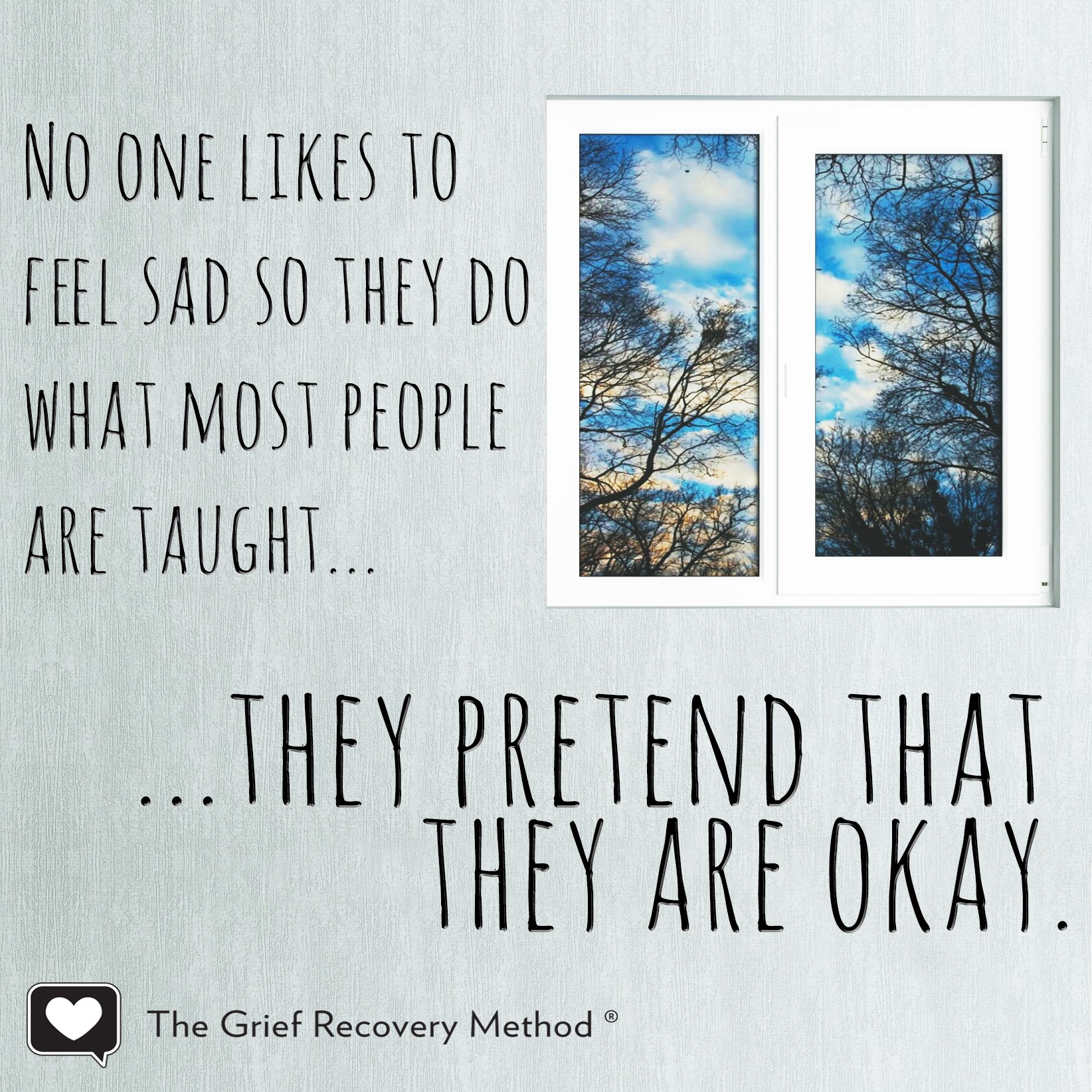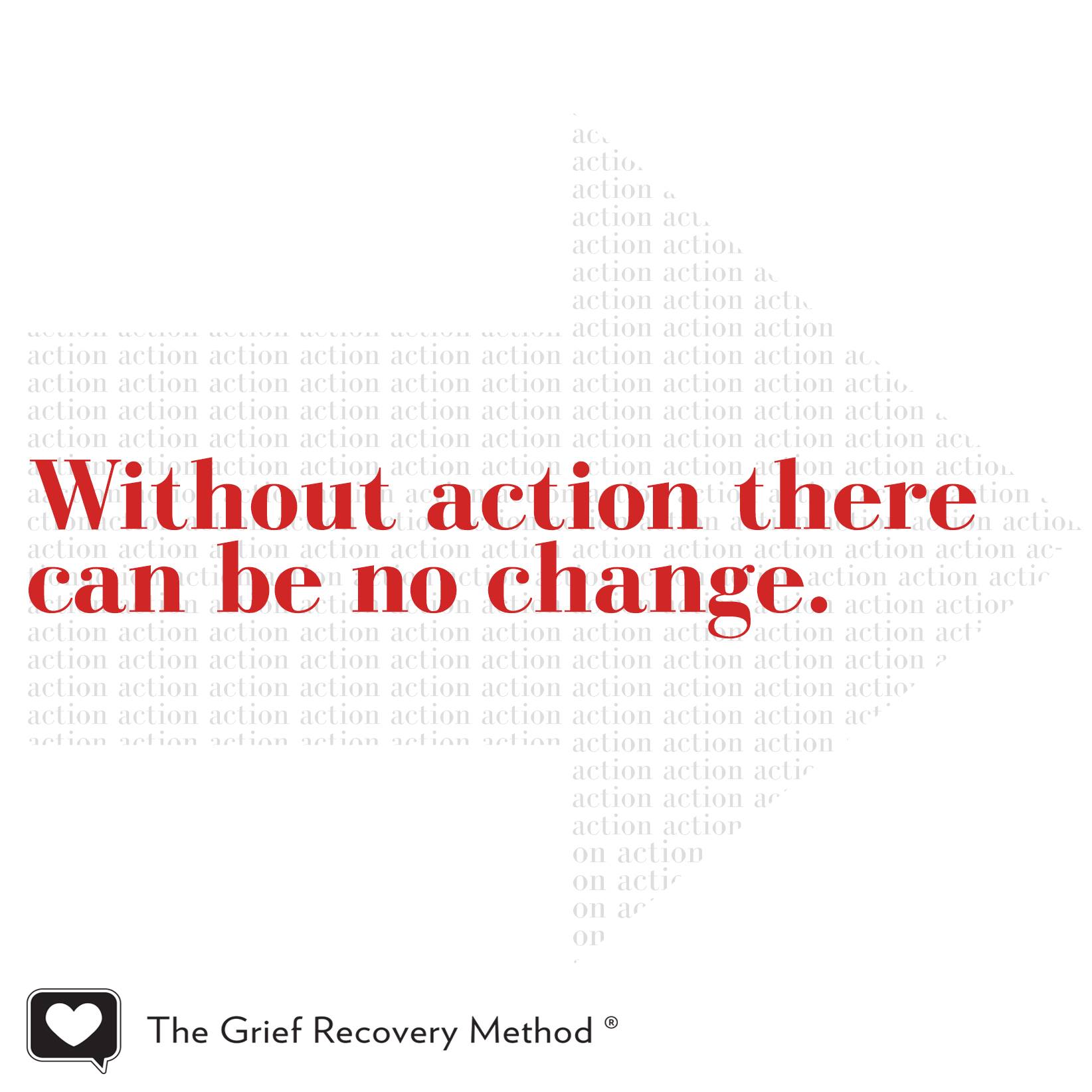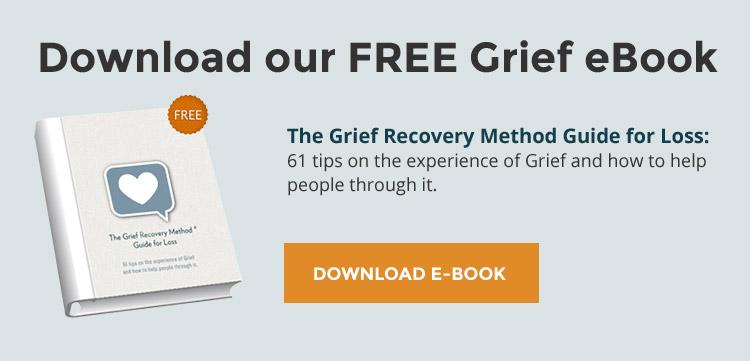This is a question that many grievers ask themselves. Very often our family members and friends do not appear to be as deeply impacted as we are by the loss that has touched our lives. This is sometimes the case, but very often it is because they are not telling (or displaying) their emotional truth.
Let's look at an example to which we can all relate.
There are two men who are next door neighbors. Both are recent widowers. While they do not know each other well, they have spoken over the fence and met at the mailbox for years, and did so again just this morning....
"How are you doing, Joe?" asks Bill.
"I'm doing fine. How are you today, Bill?"
"I am doing well today, too," says Bill, as he walks back towards the door, glancing at his mail.
Each one, however, once safely back behind his closed door, ask himself the same question - "How is he doing so well getting through this, when I am such a mess?"

Why do we hide our feelings?
Most of us learn very quickly, following an emotionally painful event, that no one wants to see us hurting. The problem is that they do not have the tools to help us deal with that pain. When you think about it, how often, when you were growing up, did someone sit down with you and tell you how to really help others deal with the pain in your heart? For the most part, we learned what we know by listening to what our parents told us when we were unhappy. They, in turn, were sharing the same things they learned from their parents. This is not to say that they were trying to pass on bad information, but rather that they were simply misinformed when it came to what to say.
When you share your pain, people give you intellectual reasons why you should not feel bad. Some may make perfect logical sense. Grief, however, is emotional, not intellectual. When people give you reasons not to feel bad, it does not make you feel better on any emotional level! As a result, we tend to hide our feelings, which often gives others the mistaken impression that we are feeling better.
Does “being strong” and keeping our feelings inside help?
You may have had friends tell you that you need to be strong or to be strong for others. Often they will chase this with telling you that you need to be strong for your spouse, a parent or your children. This is just another way of telling you to keep your feelings inside.
Again, it is important to remember that the people suggesting this are trying their best to help you, but they just do not have a clue how to do it! The big problem with this is that you end up just storing up all of that emotional pain, rather than processing it.
If you have noticed that you are having problems sleeping, having more headaches, having stomach issues, finding yourself easily upset or other such symptoms, this is a sign that your body is not happy with all of that painful energy you are storing inside. Your body was designed for you to use your intuition, intellect, and emotional capacity together to process feelings, rather than to store them. Emotionally painful feelings stored inside, rather than properly processed, can lead to physical discomfort on top of your feelings of loss.
Does keeping busy help?
Keeping busy just gives you something else on which to focus, for the time you are keeping busy. When you finish that task, the problem is still there. Keeping busy may exhaust you enough that you finally get some sleep, but it does nothing to deal with the emotional loss in your heart.
You are not alone!
You may feel very alone in your emotional pain, but many of those around you are hiding their pain, as well. The question is not am I the only one grieving, but rather how many of us are grieving! There is an old expression that “misery loves company”, but the reality of things is that there is no real comfort in misery on any level. The emotional pain that comes from dealing with loss keeps you from enjoying your fond memories and being able to share any of the joy that relationship brought into your life. If you have no ability to take action on dealing with your grief, you limit the possibility to bring new joy into your life.

So, what can you do to feel better?
The key to truly feeling better, rather than just becoming used to feeling sad, is to take action. We are not talking about “keep busy” action, but rather grief recovery action! Recovery is dependent on the griever taking action for themselves. No one else can do this for you! No one can make you feel better, but you can make the choice to do the work yourself! Please get a copy of “The Grief Recovery Handbook,” and follow the action plan that is laid out for you. The great thing about this book is that it is not a text book with complicated directions. It is, instead, more a road map, with the authors walking with you through each step and sharing their examples of the actions you need to take.
The thing to remember is that just reading the book is not enough. You have to actually do the work that is spelled out in a simple and compassionate way. The book will explain how to find a partner, with whom you can safely work, or you can join a Grief Recovery Method Support Group that can help you with the process. There are even one on one programs and two day workshops to help you work through the book. Whichever approach you take, the key is that you are doing something that will make a difference.
What is recovery?
Recovery is never about forgetting. It is about being able to enjoy memories, without being sidetracked by thing you wish might have been different or better. It is about safely dealing with your dreams and expectations for a future that now will be different from the one you planned. It is about finding joy in your life once again. It is about no longer being alone in your pain!
If you feel that you need further convincing before you will take action, you might look at these related articles!
Why being strong for other hurts you
Or you can sign up for our grief blog and receive the latest up to date articles as we publish them!
The E-Book shown below will give you more insight into The Grief Recovery Method, and it is free!

























Comments
Lindsay Smith
stephen moeller, grief recovery specialist
Add new comment